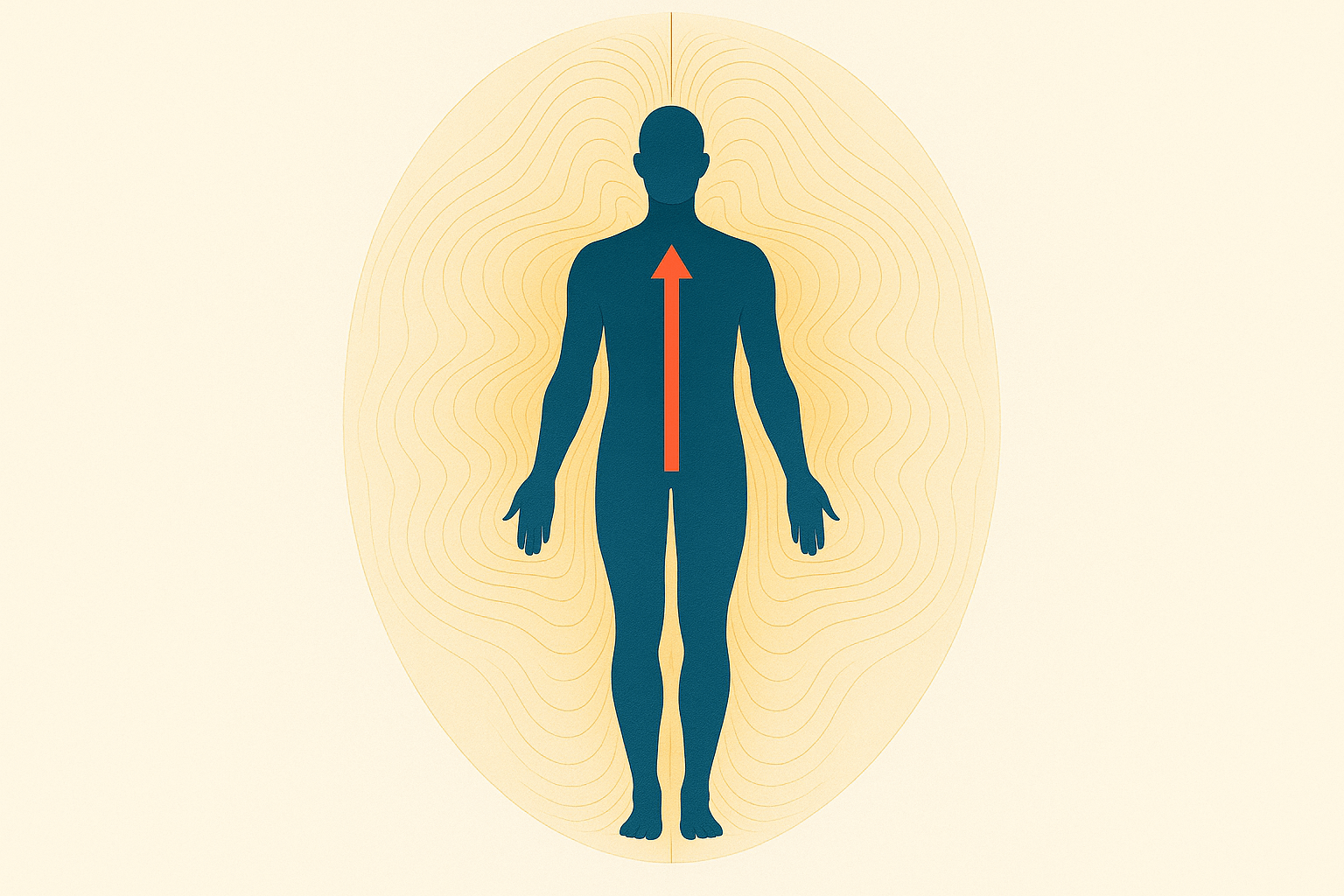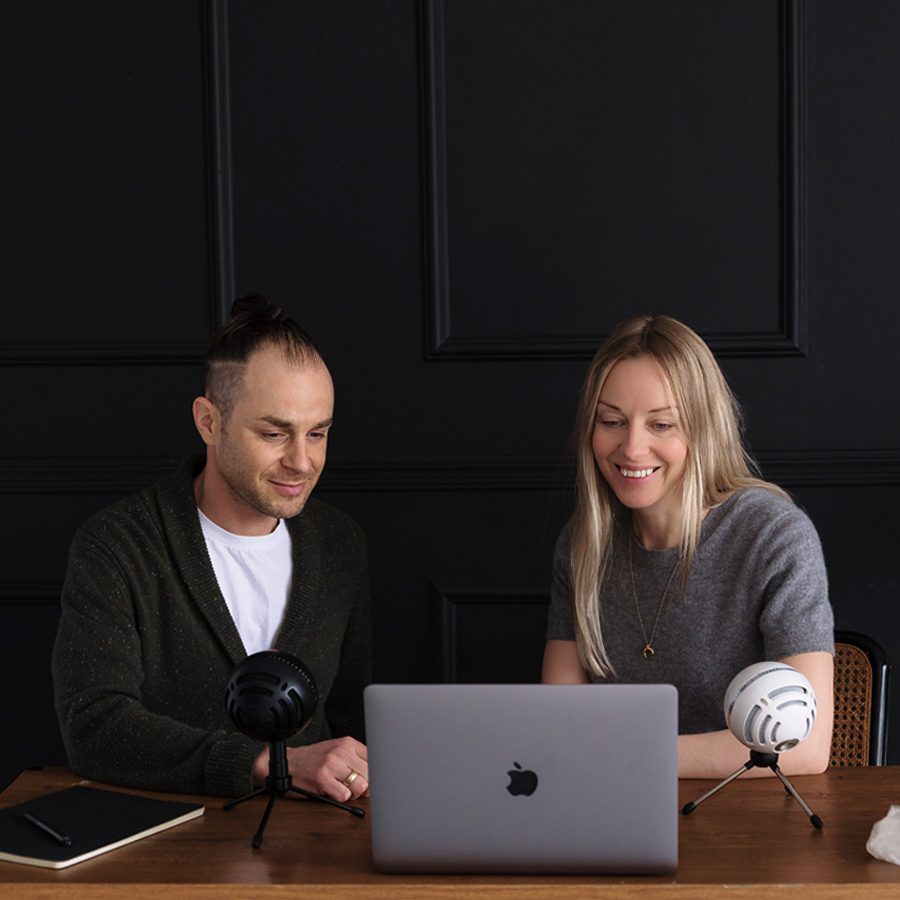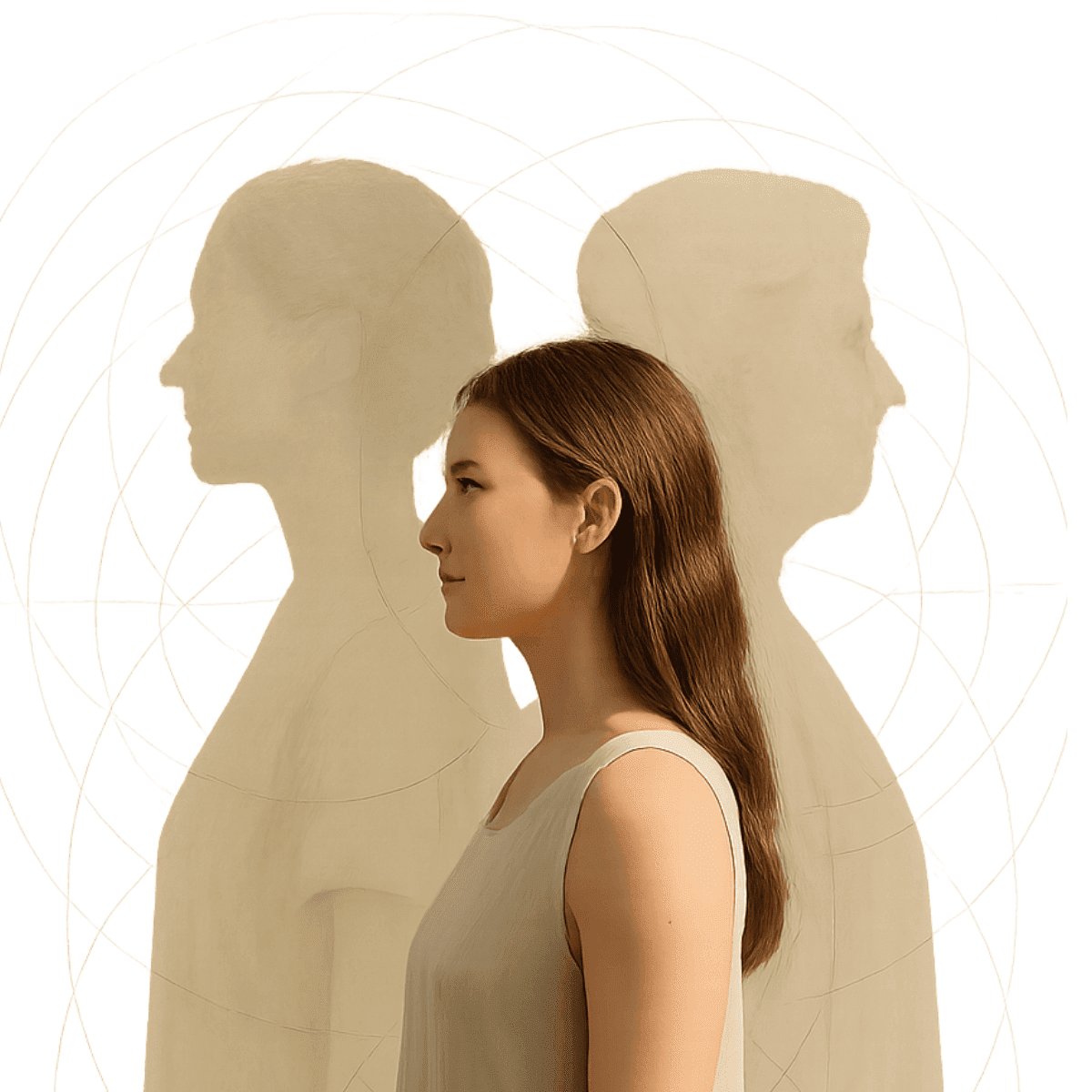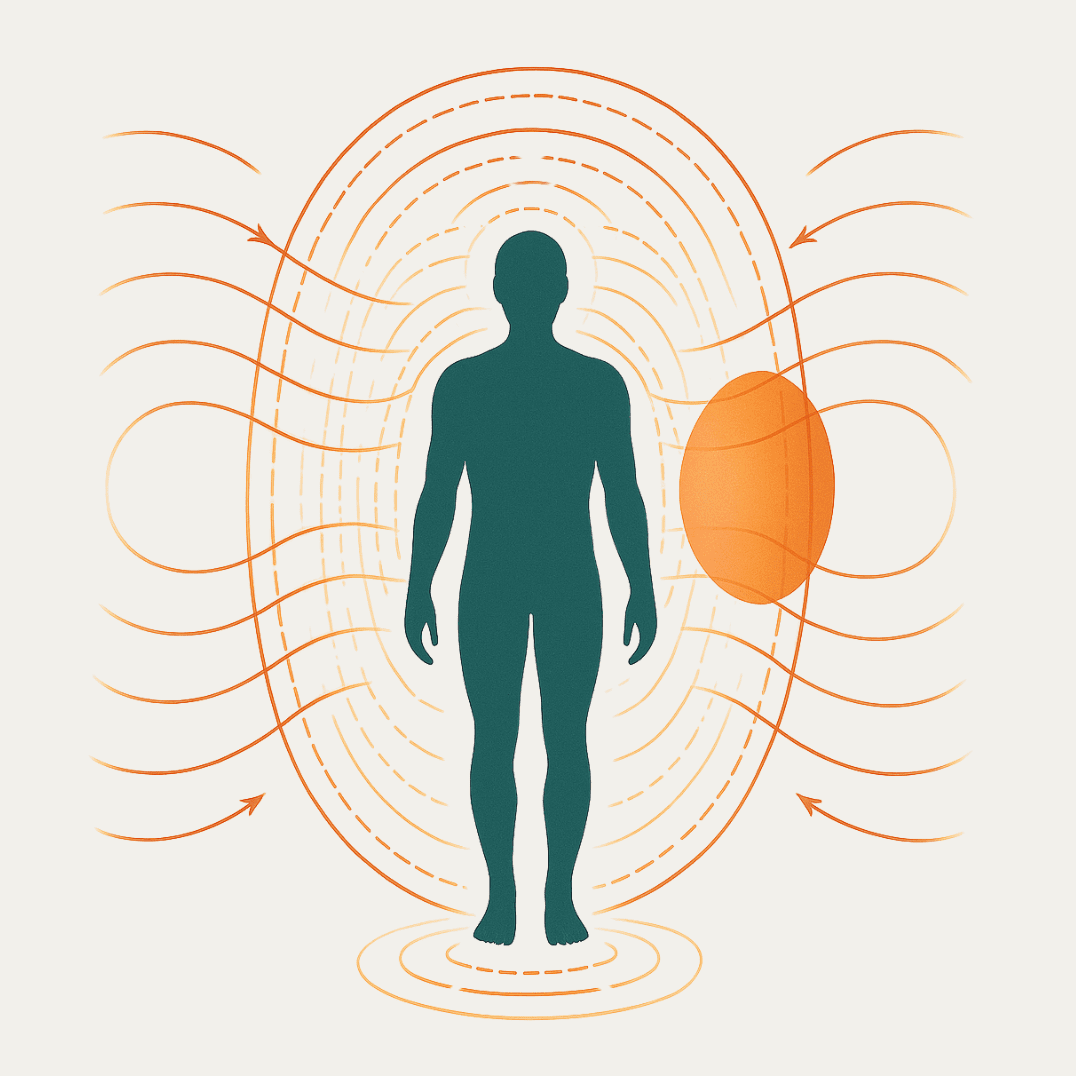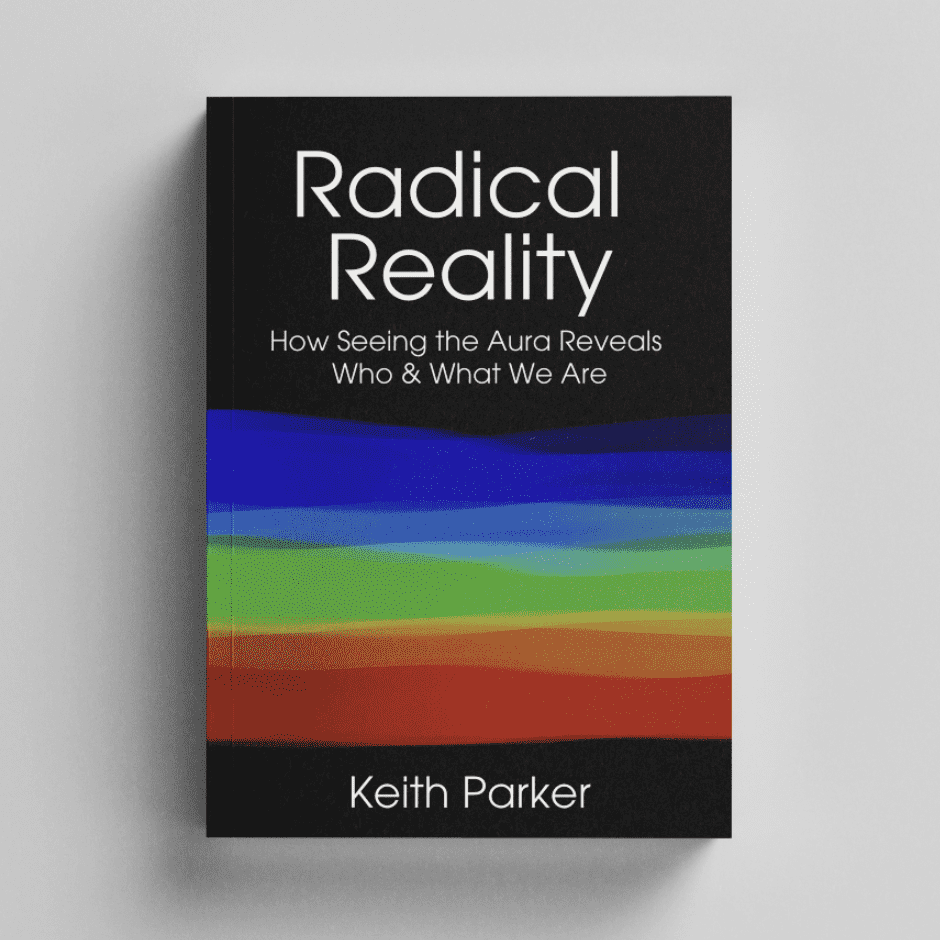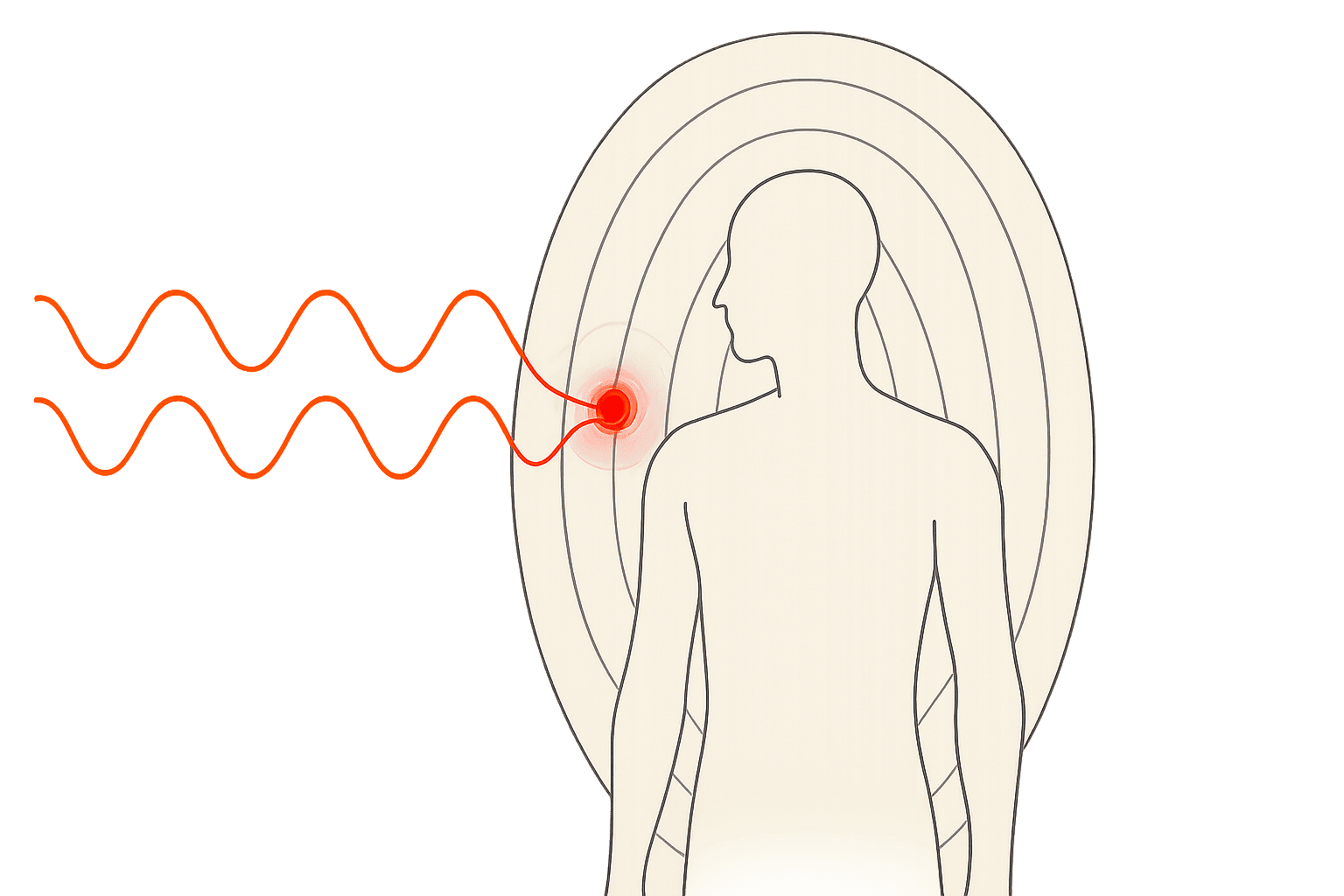Getting grounded is something we all need more of! Understand why being grounded is so important and learn useful, practical advice and techniques for grounding. Lots of information in this “quick tips” presentation. Enjoy!
Key Topics
Getting Grounded
Being grounded is a powerful practice that can significantly enhance our mental and emotional well-being. It involves cultivating a strong connection to the present moment and maintaining a sense of stability amidst life’s challenges. By focusing on our physical sensations and immediate surroundings, we can anchor ourselves in reality, reducing anxiety and stress. Grounding techniques, such as deep breathing exercises or mindful walking, help us regain focus and clarity when we feel overwhelmed. Regular practice can lead to improved emotional regulation, better decision-making, and increased resilience. Moreover, being grounded allows us to engage more fully with our experiences and relationships, fostering a deeper sense of contentment and purpose. As we navigate the complexities of modern life, the ability to stay grounded becomes an invaluable skill for balanced living.
Tip #1 Practice Mindfulness
Mindfulness, the practice of present-moment awareness, offers a powerful antidote to our fast-paced, distraction-filled world. By focusing on our breath, bodily sensations, or immediate surroundings, we can cultivate a state of calm alertness. Regular mindfulness practice has been shown to reduce stress, improve concentration, and enhance overall well-being. It’s a versatile skill that can be applied in various settings, from brief moments during a busy day to longer meditation sessions. By incorporating mindfulness into our daily routines, we can foster greater mental clarity and emotional balance.
Tip #2 Spend Time in Nature
Spending time in nature offers numerous **health benefits** and fosters environmental awareness. Regular outdoor activities can *reduce stress*, improve mood, and boost physical fitness. Studies show that even brief nature encounters can lower blood pressure and increase cognitive function. Engaging with natural environments also promotes a deeper understanding of ecosystems and biodiversity, encouraging conservation efforts. Whether it’s a leisurely walk in a park, hiking through forests, or simply sitting by a lake, immersing oneself in nature provides a refreshing break from our increasingly digital world, reconnecting us with the earth’s natural rhythms.
Tip #3 Kidney Meridians & Earthing
Kidney meridians play a vital role in traditional Chinese medicine, governing essential bodily functions and energy flow. These pathways, running from the soles of the feet to the chest, are believed to influence water metabolism, bone health, and overall vitality. By stimulating specific points along the kidney meridians through acupuncture or acupressure, practitioners aim to balance qi (vital energy) and address various health concerns. Nurturing the kidney meridians can contribute to improved physical and emotional well-being, making them a crucial component of holistic health practices. An easy way to nurture your kidney meridians is to walk barefoot on the Earth.
Earthing is a natural method that aims to harness the planet’s abundant free electrons, which are believed to neutralize harmful free radicals in our bodies. By walking barefoot on grass, sand, or soil, or using specialized earthing products, individuals may experience reduced inflammation, improved sleep quality, and decreased stress levels. Many people report feeling more balanced and energized after incorporating this simple technique into their daily routines.
Tip #4 Face Your Fear
Facing your fear is a crucial step towards personal growth and empowerment. When we confront our anxieties head-on, we often discover that they’re not as insurmountable as we once believed. This process of challenge and conquest builds resilience, boosts self-confidence, and expands our comfort zones. By gradually exposing ourselves to what frightens us, we can develop coping mechanisms and reduce the power fear holds over our lives. Remember, courage isn’t the absence of fear, but the triumph over it. Embrace your fears as opportunities for growth and transformation.
Related Practice
Grounding Meditation for Anxiety, Stress Relief & Emotional Stability
